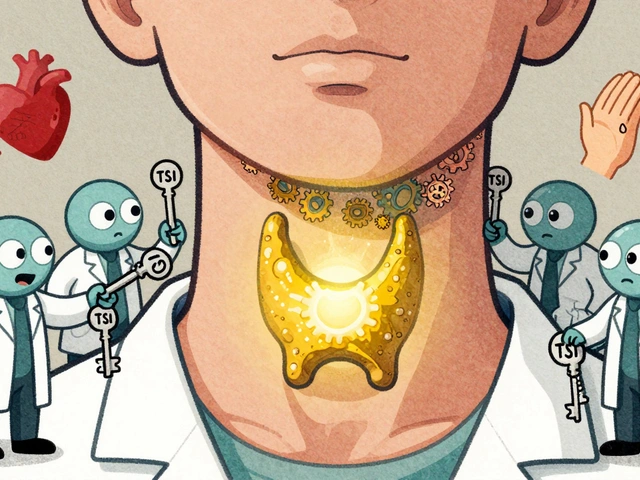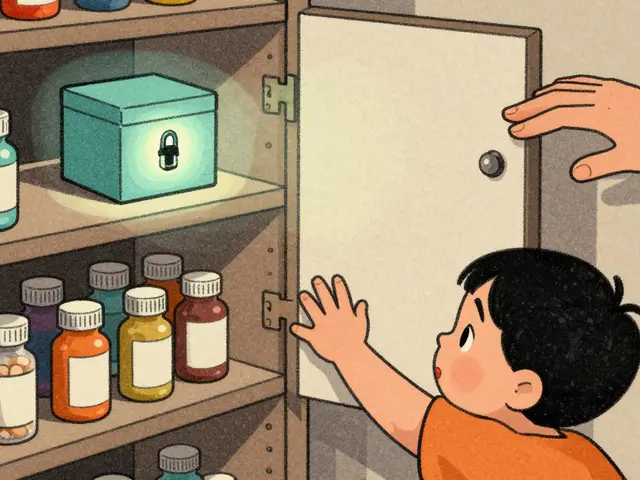Hypothyroidism treatment — practical steps to feel better
Did you know untreated hypothyroidism can slow your metabolism, lower your mood, and make everyday tasks harder? The good news: most people feel much better once treatment is right for them. This page gives clear, useful steps you can use today — from medicines and monitoring to simple diet and timing tips.
Medical treatment: what works and how it’s monitored
The standard treatment is levothyroxine (synthetic T4). Typical adult doses usually fall between 50–125 mcg daily, but exact dosing depends on age, weight, heart health and how low your thyroid function is. Older adults or people with heart disease often start at 12.5–50 mcg and increase slowly. After any dose change, check TSH about 6–8 weeks later because blood levels take time to settle.
Targets vary, but many clinicians aim for a TSH roughly between 0.5–2.5 mIU/L while treating symptoms, though lab ranges differ. Once stable, most patients get checked every 6–12 months, or sooner if symptoms change, you start new medicines, or if you're pregnant.
If you still feel unwell on T4 alone, some doctors may consider adding liothyronine (T3) or trying combination therapy. That’s a specialist decision — ask an endocrinologist about risks and benefits before changing medications.
Everyday tips: timing, interactions, diet and pregnancy
Take levothyroxine on an empty stomach for best absorption: 30–60 minutes before breakfast or at least 3–4 hours after your last meal if taken at bedtime. Keep calcium, iron, antacids, and high-dose supplements at least four hours apart from your thyroid pill because they block absorption.
Certain foods matter. Soy, very high-fiber meals, and iron-rich foods can reduce how much medicine your body absorbs. You don’t need to avoid these entirely, but try to keep them away from the time you take your pill. Iodine is essential only if you’re deficient — too much iodine can cause or worsen thyroid issues, so don’t start iodine supplements without testing.
Pregnancy raises thyroid hormone needs. If you’re pregnant or planning pregnancy, tell your doctor — many women need a higher dose and closer monitoring to protect both mother and baby.
Small lifestyle moves help: steady sleep, light regular exercise, and managing stress can ease symptoms alongside medication. Selenium supplements show small benefits for some people, but talk to your doctor before starting any supplement.
Warning signs like extreme fatigue, very low body temperature, or confusion need immediate medical care — these can indicate severe underactive thyroid (myxedema) and require urgent treatment. If your symptoms don't improve after correct dosing and monitoring, ask for a specialist referral.
Want a checklist to bring to your doctor? Note current symptoms, all meds and supplements, recent weight changes, and pregnancy plans. That makes dose decisions faster and safer.










